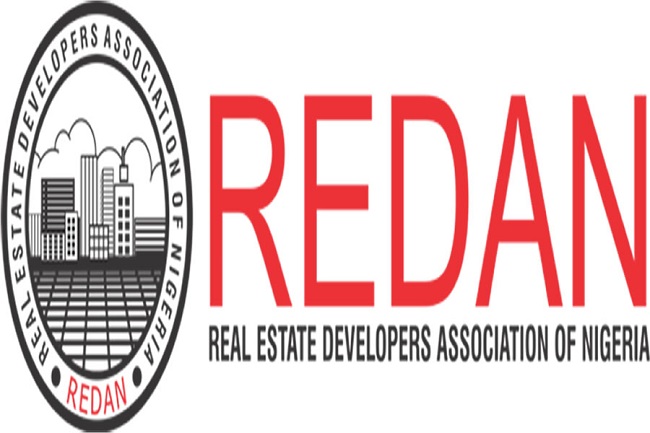Lack of government support and the non-enforcement of the country’s intellectual property laws have been identified as some of the factors badly affecting the growth of Nigeria’s creative industry.
This assertion was made at a symposium tagged The Confluence 1.0 in Abeokuta, Ogun State, by a seasoned media manager and Osun State chairman of the Real Estate Developers Association of Nigeria, REDAN, Victor Eniola Mark.
Other factors identified by Mark include weak institutions, lack of quality control and financial aid to innovative Nigerians who want to create content or products in the creative industry.
While noting that many entrepreneurs are losing huge amount money invested in the industry, he cited the case of popular Olaiya Igwe and many unquoted cases that leave bitter tastes in the mouth for creatives and entrepreneurs.
He advised the government to continue to create the enabling environment for businesses to grow.
“One should however take a critical look at the functionality of these institutions and the enforcement of these laws. The substantial failure of institutions makes life hard for people in the creative industries. The Copyright Law is existent and covers almost every necessary aspect, but it is not adequately enforced.
“An instance of weak institutions comes into play when you look at how it took about forty years for the legal dispute between Sunny Ade and Chief Bolarinwa Abioro over record contracts to be partly resolved. The legal disputes over master tapes kicked off in 1974, the court ruled in favour of Sunny Ade in 1975, yet his master tapes were not released to him. The case lingered up until 2019 and one is uncertain of its absolute resolution.
“Some players in the creative industries have failed to pay utmost attention to the business aspect of their arts. This misnomer is common in sports, music and broadcast media. The inability of players in the creative industry to make money out their innovations and talent exposes them to exploitation and causes some to live below a proper standard of living.
“Low business acumen is also responsible for people signing contracts that put them into modern day slavery, thereby making them vulnerable and open for exploitation, which leads to confrontations and legal tussle later.
“In as much as every sector must be regulated, too much exertive and assertive influence of censorship stifles such field. The creative industries are currently passing through tough times with the current attempt by some government officials to invade the sector with some ill-intentioned policies.
“It is sad to see how broadcast stations are held by a tight noose and operate daily with the fear of a ridiculously expensive fine from their regulators. Some government officials at this time want online radio, online televisions and digital content creators that include comedy skit makers and Instagram celebrities to be licensed by the National Broadcasting Commission,” Mark said.
YOU SHOULD NOT MISS THESE HEADLINES FROM NIGERIAN TRIBUNE
We Have Not Had Water Supply In Months ― Abeokuta Residents
In spite of the huge investment in the water sector by the government and international organisations, water scarcity has grown to become a perennial nightmare for residents of Abeokuta, the Ogun State capital. This report x-rays the lives and experiences of residents in getting clean, potable and affordable water amidst the surge of COVID-19 cases in the state…
Selfies, video calls and Chinese documentaries: The things you’ll meet onboard Lagos-Ibadan train
The Lagos-Ibadan railway was inaugurated recently for a full paid operation by the Nigerian Railway Corporation after about a year of free test-run. Our reporter joined the train to and fro Lagos from Ibadan and tells his experience in this report…
WATCH TOP VIDEOS FROM NIGERIAN TRIBUNE TV
- Let’s Talk About SELF-AWARENESS
- Is Your Confidence Mistaken for Pride? Let’s talk about it
- Is Etiquette About Perfection…Or Just Not Being Rude?
- Top Psychologist Reveal 3 Signs You’re Struggling With Imposter Syndrome
- Do You Pick Up Work-Related Calls at Midnight or Never? Let’s Talk About Boundaries







